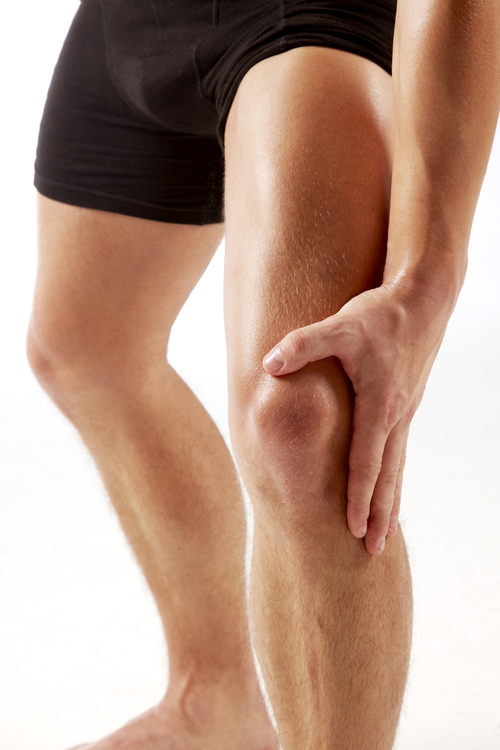Injury: The silver lining
 Have you injured yourself recently? How have you been feeling about it?
Have you injured yourself recently? How have you been feeling about it?
a) Sad: “What did I do to deserve this? It’s all over.”
b) Angry: No words. Just fury.
c) In denial: “Hopefully it will just get better on its own.”
d) Accepting: “Yes, it’s a bummer but I’ll take stock and figure out how to get better and stronger.”
Depression, anger and denial are all natural reactions to an injury but in our book, the best attitude is answer from above is “D.” Sure, we acknowledge that an injury is a setback in the short term, but we encourage you to see it as a long-term opportunity. If you slow down and focus on how it happened, how it can be fixed and how it can be prevented next time, you’ll become a smarter athlete, and less likely to repeat the same mistakes. Most importantly, by recognizing the silver lining, you’ll switch from negative to positive thinking which can make all the difference in the speed of your recovery. You’ll quickly see the benefits in taking responsibility for your rehabilitation. Think of yourself as an athlete in training and not a patient in rehab and see your injury as chance to:
Learn more about your body
An injury is a perfect opportunity for an anatomy lesson. Read up on your joint, ask your doctor and physical therapist about what it’s for, how it operates and how it’s interconnected with the rest of your body. Become an expert on your own body; it’ll help you in the long run.
Improve your nutrition
You’ll recover faster if you eat the right food. Nutrients help to heal your body and get it strong again. Beware of fads and opt for a balance of carbohydrates, fats and protein. An optimal diet for injury recovery includes lean protein and foods with anti-inflammatory compounds, antioxidants and foods high in vitamin C. Vitamin C helps your body to form collagen needed to repair tendons and ligaments and strengthen bones.
And don't forget to drink enough water. All the tissues if the body work better with more hydration including the brain and the muscles. Most people are relatively dehydrated. Drink a glass of water every hour – it will help manage your weight too.
Build your strength
With almost every injury, a fitness training program can be started on day one. How? By clever "relative rest" of the injured joint, the rest of the body can be trained with weightlifting on a bench, single leg squats, stationary cycling with one leg, core and trunk muscle work outs using a Pilates machine, pool exercises, and more. The endorphins and testosterone generated from exercise speed muscle healing and focus the mind on fitness, not injury. Work with a physical therapist and trainer to develop your own sport-specific drills.
Work on your mental attitude
Picture yourself strong, whole and fully recovered. Keep a check on how you’re talking to yourself. Are you being self-critical and negative? Try to practice self-compassion and maintain a positive attitude. Never ever exercise in front of a TV or while reading. You lose 50% of the benefit of the exercise by not hearing and feeling your heart rate, your sweat, and the pain levels that need to be encountered in fitness training.
Putting all of this into practice will not only help speed up your recovery, you'll end up being a sharper and more resilient athlete. Our goal at The Stone Clinic is to have all our patients heal their mind and body. We have the tools to help you come back better than you were before you got hurt.
